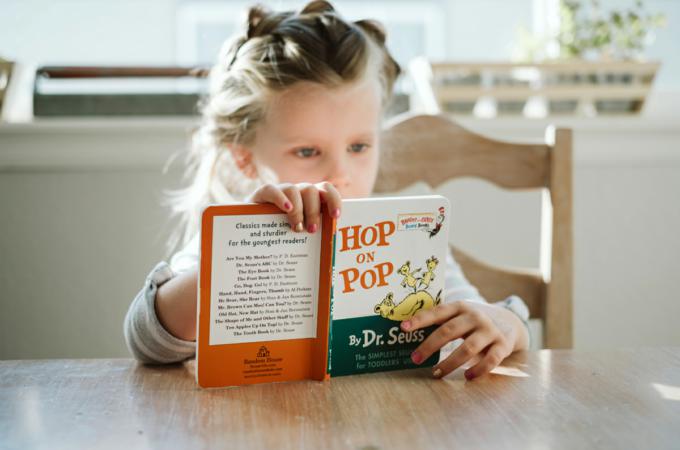Homeschooling
Although a Harvard law school professor's recent proposal that homeschooling children be banned provoked a predictable hornets' nest of justifiably outraged responses, the article by Professor Elizabeth Bartholet nevertheless served two useful purposes that make it worth recalling even now.
Before getting to that, though, some facts about homeschooling need to be kept in mind. Currently, 2.5 million American children are being homeschooled. A study of homeschooling parents found about two-thirds of the fathers and nearly as many of the mothers have bachelors' degrees or better. Median family income is well above average.
Homeschooling obviously isn't for every family. But parents who choose to homeschool aren't dummies. The homeschoolers I have known have without exception been sophisticated, well-educated people who knew very well what they were doing and had excellent reasons for doing it.
So, what useful purposes did the Harvard professor's attack on homeschooling serve?
One was to illustrate the unselfconsciously totalitarian mindset underlying much that passes for secular liberalism today. "Nakedly authoritarian" was how Kevin W. Williamson described Bartholet's "Arizona Law Review" piece while skewering it in National Review.
"Homeschooling is based on a radical proposition," Williamson wrote -- namely, the proposition that "children are not the property of the state." And that points to the second useful purpose served by Professor Bartholet's proposal in unintentionally calling attention to why many parents choose homeschooling in the first place.
These reasons, by no means mutually exclusive, include things like reinforcing parent-child bonding, attending to children with special aptitudes and needs that may not get much attention in ordinary schools, transmitting beliefs and values of a religious tradition, and shielding kids from perverse currents of thought now circulating in public education.
A new publication from the Washington-based Family Research Council calls attention to some of those latter. Authored by Cathy Ruse, director of the council's Center for Human Dignity and former chief counsel of the House of Representatives' subcommittee on the Constitution, "Sex Education in Public Schools: Sexualization of Children and LGBT Indoctrination" provides a slew of documented examples that make for deeply disturbing reading.
Ruse reports that the new approach commonly goes by the bland name "Comprehensive Sexuality Education." But the Sexuality Information and Education Council, a group active in this field for years, spilled the beans by calling it "Sex Ed for Social Change." Notably, too, Planned Parenthood, the nation's largest abortion provider, boasts that it is also the country's "single largest provider of sex education."
Summing up, Ruse wrote: "Year after year, sex-ed programs push the limits on what is appropriate . . . In many school districts today, lessons introduce sexual concepts to very young children and promote risky sexual behavior to vulnerable teens and pre-teens."
And that is high up on the list of things many homeschooling parents don't want their children exposed to.
Against this background, it's strange that it should be necessary to defend the right to homeschool in this day and age. Nearly a century ago, the Supreme Court, in a landmark decision (Pierce v. Society of Sisters) upholding the right of parents to send their children to parochial schools, memorably declared that a child is "not the mere creature of the state." And, the court insisted, the "fundamental theory of liberty" on which America rests "excludes any general power of the state to standardize its children" by forcing them to attend public schools only.
Homeschooling takes those affirmations seriously. The totalitarian mindset of secular liberalism now visible in some sectors of society should make us doubly grateful it does.
- Russell Shaw is the author of more than twenty books. He is a consultor of the Pontifical Council for Social Communications and served as communications director for the U.S. Bishops.



















